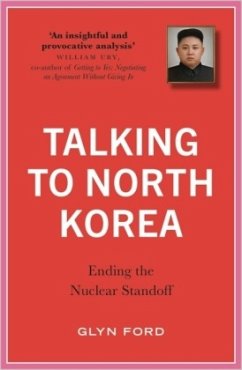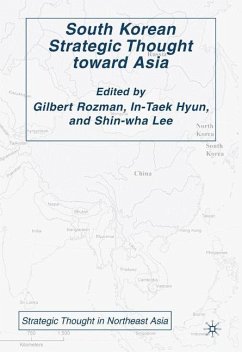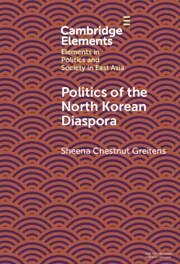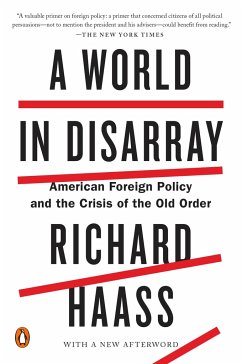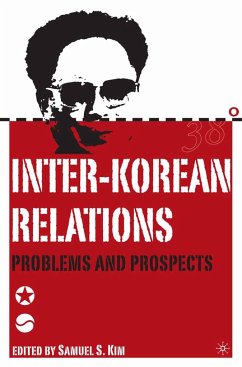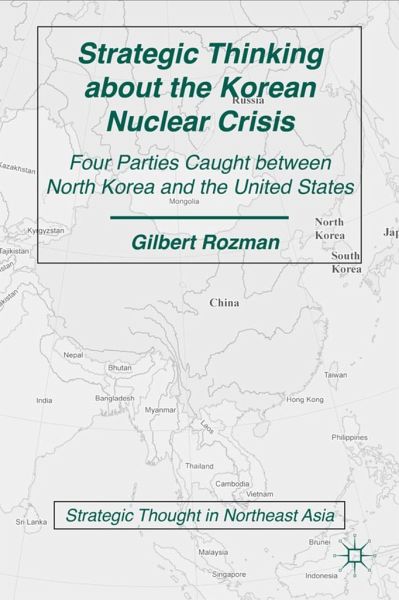
Strategic Thinking about the Korean Nuclear Crisis
Four Parties Caught Between North Korea and the United States
Versandkostenfrei!
Versandfertig in 6-10 Tagen
38,99 €
inkl. MwSt.
Weitere Ausgaben:

PAYBACK Punkte
19 °P sammeln!
China, Japan, Russia, and South Korea have struggled to navigate between the unsettling belligerence of North Korea and the often unilateral insistence of the United States on how to proceed. This book focuses on their strategic thinking and internal debates over four stages of the crisis.



